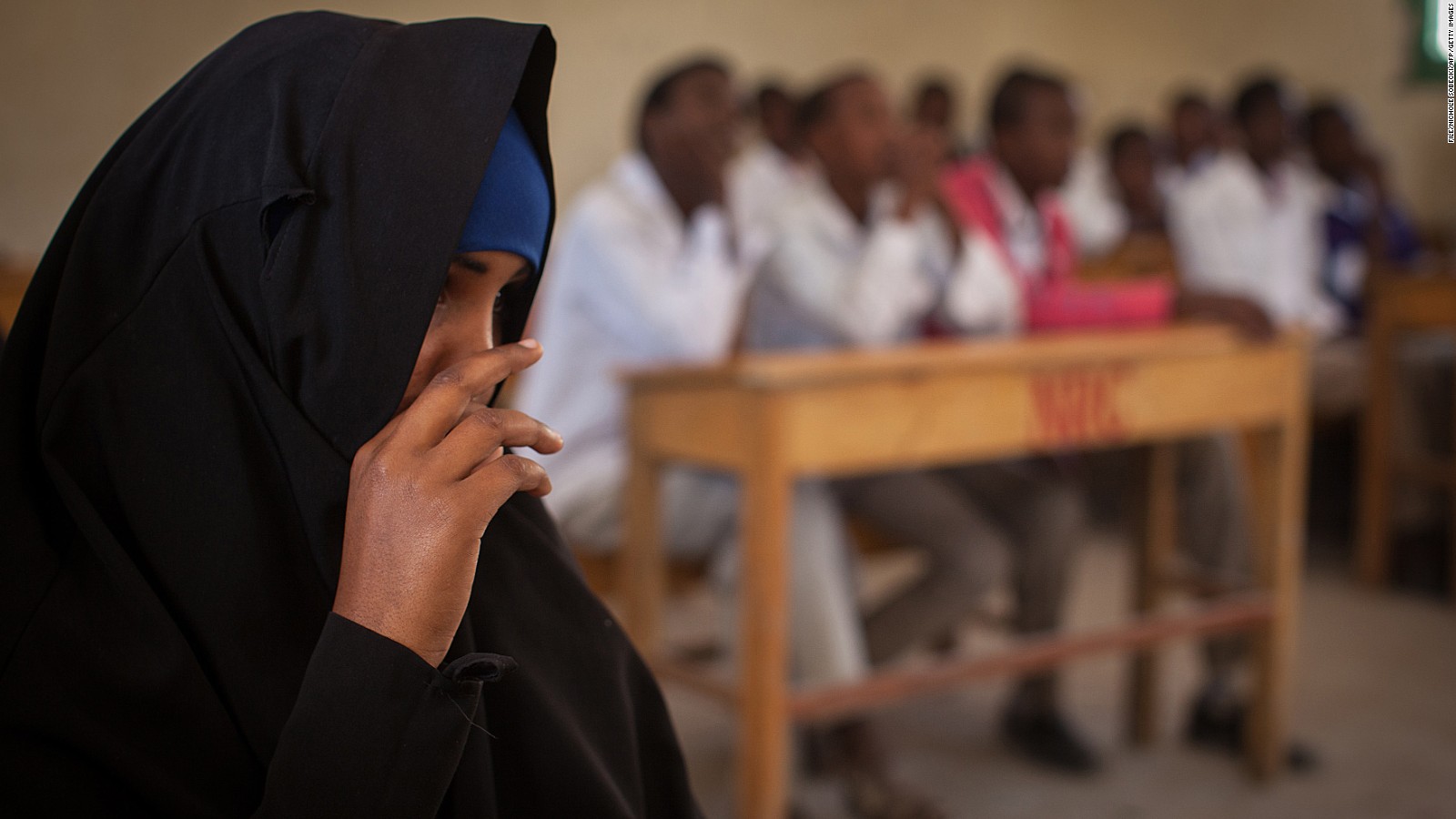The Gambia’s Ban on Female Genital Mutilation (FGM)

The Gambia, a small West African nation, has taken a bold step in the fight against female genital mutilation (FGM) by enacting a law that criminalizes the practice. This ban, which came into effect in 2015, marks a significant milestone in the country’s journey towards ending this harmful traditional practice. However, the battle against FGM in The Gambia is far from over. While the law provides a legal framework for addressing the issue, the deeply rooted cultural and societal norms surrounding FGM present a complex challenge that requires sustained efforts from various stakeholders.
History of FGM in The Gambia
FGM has been practiced in The Gambia for centuries, deeply ingrained in the country’s cultural and social fabric. The practice is often seen as a rite of passage for young girls, signifying their transition into womanhood and ensuring their marriageability. It is also believed to enhance a girl’s purity and protect her from promiscuity. The prevalence of FGM in The Gambia is high, with estimates suggesting that over 70% of women have undergone some form of FGM.
Legal and Political Context
The Gambia’s ban on FGM is enshrined in the Female Genital Mutilation Act of 2015. This legislation criminalizes all forms of FGM, including clitoridectomy, excision, and infibulation. The law imposes severe penalties on individuals who perform or facilitate FGM, including imprisonment and fines. The government has also established a dedicated task force to combat FGM, tasked with raising awareness, providing support services to victims, and enforcing the law.
Perspectives on the Ban
The ban on FGM in The Gambia has been met with mixed reactions. While many citizens, particularly women’s rights activists and health professionals, have welcomed the legislation as a crucial step towards protecting girls and women, others have expressed concerns about the potential impact on cultural traditions and the role of the government in regulating personal practices.
“The ban is a victory for women’s rights and a step in the right direction towards ending this harmful practice,” said a women’s rights activist.
“The government should not interfere with our cultural traditions,” said a community leader who opposes the ban.
The Challenges of Enforcing the Ban: Gambia May Have Upheld Its Ban On Female Cutting But The Fight Goes On Away From Parliament

The Gambia’s ban on female genital mutilation (FGM) is a significant step toward protecting girls and women, but enforcing the ban presents numerous challenges. While the law has been passed, the fight to eliminate FGM continues on a grassroots level.
Cultural Resistance
Cultural resistance to the ban is a major obstacle. FGM is deeply rooted in many Gambian communities, and some individuals and families view it as a necessary tradition. They believe that FGM is essential for a girl’s purity, marriageability, and social acceptance. These deeply held beliefs can make it difficult to change attitudes and behaviors.
Lack of Resources
Limited resources hinder effective enforcement of the ban. The Gambian government lacks sufficient funding, personnel, and infrastructure to adequately monitor and enforce the law. This includes providing education and support services to communities and individuals who practice or are at risk of FGM.
Limited Access to Justice
Access to justice for victims of FGM is often limited. Many women and girls who have experienced FGM are afraid to report the crime due to fear of stigma, shame, or retaliation from their families or communities. Additionally, the justice system may not be equipped to handle FGM cases effectively.
The Role of Traditional Leaders and Communities, Gambia may have upheld its ban on female cutting but the fight goes on away from parliament
Traditional leaders and communities play a crucial role in enforcing the ban. Their influence and respect within their communities can be leveraged to promote awareness, change attitudes, and support the ban. However, some traditional leaders may be resistant to change or may even be involved in the practice of FGM themselves.
Impact of the Ban
The ban has had a positive impact on the practice of FGM in The Gambia. There has been a decline in the prevalence of FGM, and attitudes toward the practice are shifting. However, the practice is still widespread in some communities, and more needs to be done to ensure that the ban is fully enforced.
Gambia may have upheld its ban on female cutting but the fight goes on away from parliament – The Gambia may have officially banned female genital mutilation, but the fight for its eradication continues beyond the halls of parliament. The fight against harmful traditional practices, like FGM, often mirrors the struggle for social change in other areas, as seen in the recent poll that placed Kelly Shapiro as the most popular choice for Vice President on the Harris shortlist, kelly shapiro most liked on harris vp shortlist poll.
Just as political progress doesn’t always translate into immediate societal shifts, the same can be said for the fight against FGM, where deep-rooted cultural beliefs need time to evolve.
The Gambia may have upheld its ban on female genital cutting, but the fight against this harmful practice continues, often in the shadows. It’s a stark reminder that even with legislative victories, the battle for human rights is rarely won definitively.
This is evident even in cases like the one where a North Las Vegas judge released an aunt accused of killing her niece in a DUI crash, while prosecutors await test results north las vegas judge releases aunt accused of killing niece in dui crash as prosecutors await test results.
The fight against violence, whether it’s the physical violence of a car crash or the cultural violence of female genital cutting, is a constant struggle demanding unwavering vigilance and commitment.
